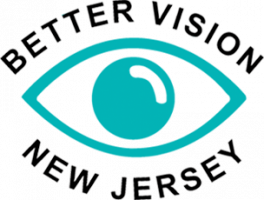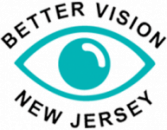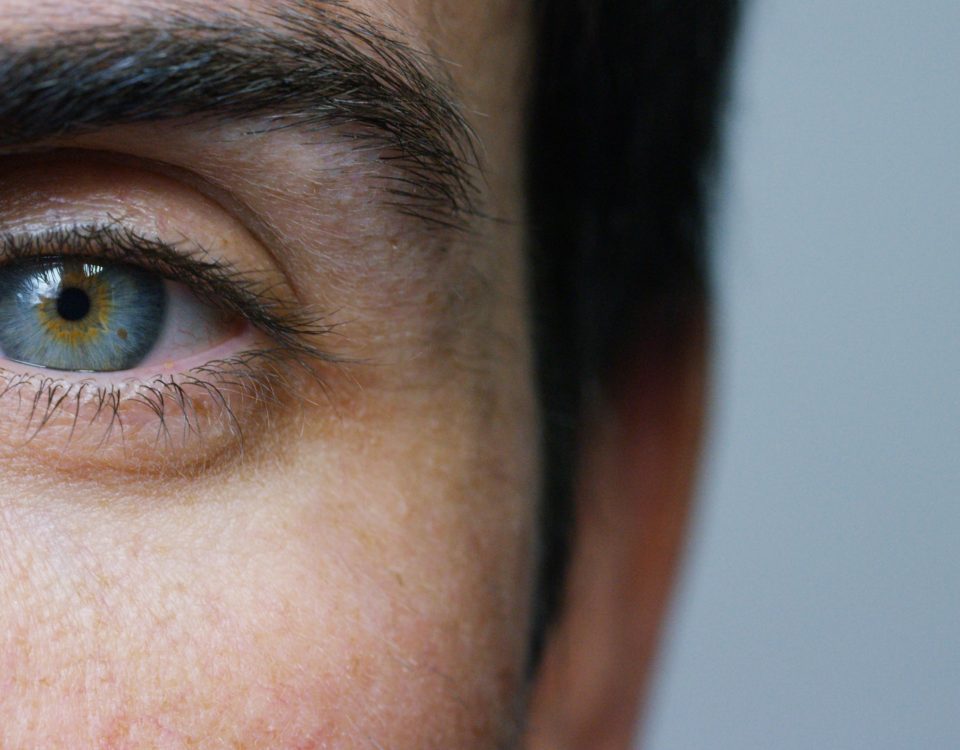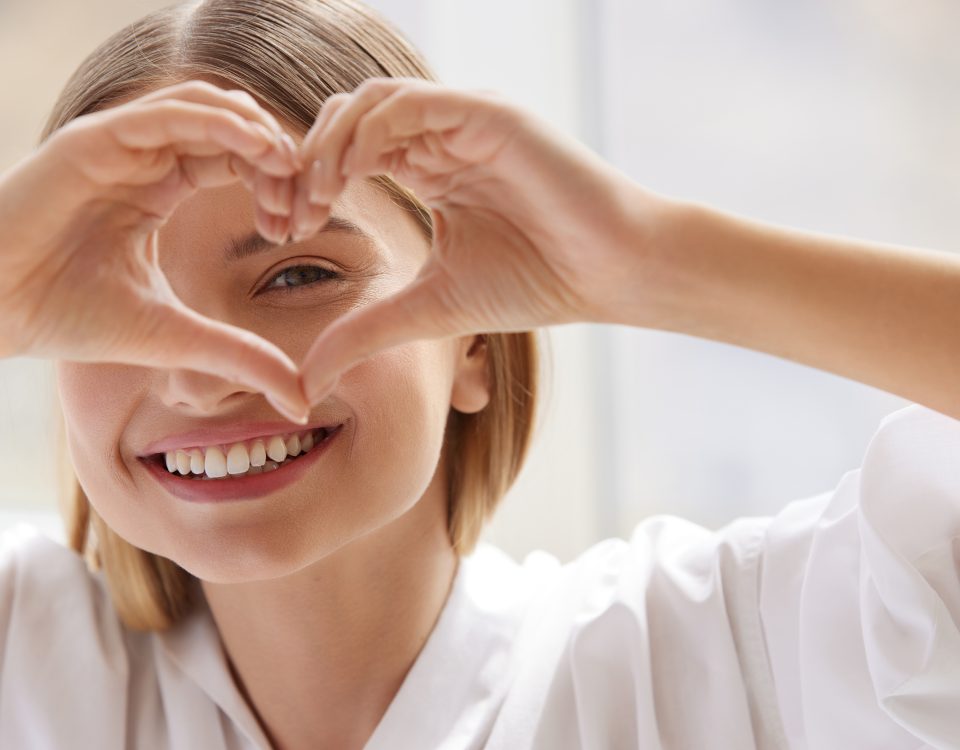Healthy Habits For Healthy Eyes

6 Signs That Show Your Child May Have an Eye or Vision Problem
08/05/2019
Preventing and Treating Eye Injuries
10/01/2019Vision loss is often thought of as an inevitable part of aging, but everyday choices are influential factors when it comes to eye health and lifelong vision. Small lifestyle changes, like wearing sunglasses and altering your diet, can contribute to healthier eyes and reduce your chances of developing eye disease later in life. We’ve compiled a list of habits you can start to protect your eyes and safeguard their future during this Healthy Eyes Month.
Adjust your diet
While food choices affect our physical health, like weight management, blood pressure, and general fitness, they can also affect vision and eyes. To keep your eyes healthy, you should aim to increase sources of key nutrients, like omega-3 fatty acids, lutein, zinc, and vitamins C and E. These nutrients help guard against age-related eye problems, such as age-related macular degeneration (AMD) and cataracts. They are readily available in citrusy and fresh fruits, leafy green vegetables, and animal proteins, including salmon and eggs. These foods also help contribute to a balanced diet, which can help you maintain a healthy weight and decrease your risk for type 2 diabetes, the leading cause of blindness in adults.
Quit smoking
Smoking doesn’t just affect your lungs; it can also increase your chances of many eye problems including vision loss, AMD, glaucoma, and cataracts. The irritants in smoke are also known to exacerbate dry eye, leading to irritation and discomfort that can impact your quality of life. Ask your general health practitioner to provide you with the necessary support and resources to help you quit smoking for good.
Protect against ultraviolet rays
Ultraviolet (UV) radiation is a form of electromagnetic radiation that we absorb via sun exposure. We receive about 80 percent of our lifetime exposure to UV rays before age 18, making childhood a critical time for protection. However, adults still need to protect their eyes. Without proper protection, we risk causing damage to our retinas from UVA rays, which have been linked to the development of cataracts and AMD. This can be combated by using sunglasses that block 100% of UV rays or photochromic lenses if you already wear glasses.
While we certainly can’t control all the effects of aging, changing our habits is a great place to start. Healthy vision is a critical component of our lives, helping us complete everyday tasks and live independently. By making smart choices for better eye health, you can protect your vision for years to come!




